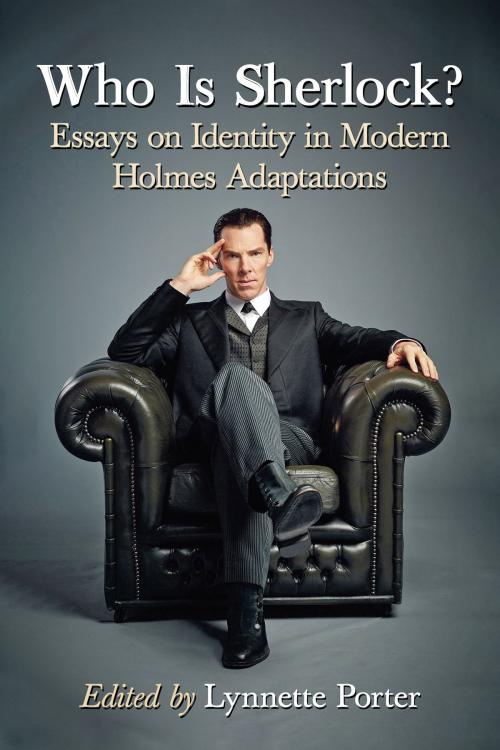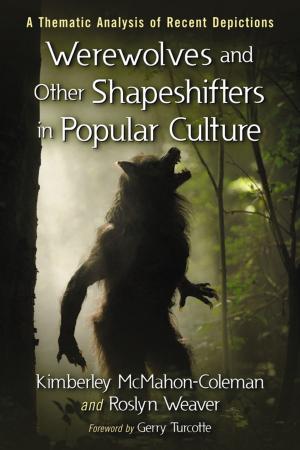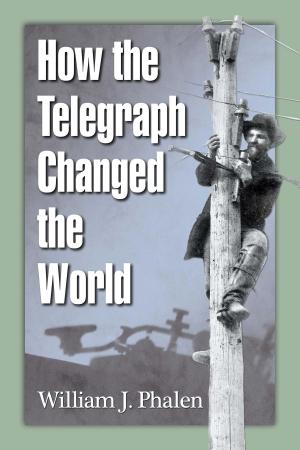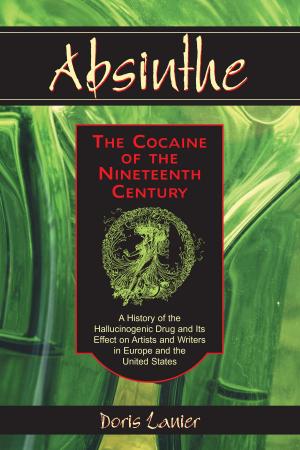Who Is Sherlock?
Essays on Identity in Modern Holmes Adaptations
Fiction & Literature, Literary Theory & Criticism, Mystery & Detective Fiction, Nonfiction, Entertainment, Performing Arts, Television| Author: | ISBN: | 9781476626543 | |
| Publisher: | McFarland & Company, Inc., Publishers | Publication: | June 21, 2016 |
| Imprint: | Language: | English |
| Author: | |
| ISBN: | 9781476626543 |
| Publisher: | McFarland & Company, Inc., Publishers |
| Publication: | June 21, 2016 |
| Imprint: | |
| Language: | English |
Nearly 130 years after the introduction of Sherlock Holmes to readers, the Great Detective’s identity is being questioned, deconstructed, and reconstructed more than ever. Readers and audiences, not to mention scholars and critics, continue to analyze who Sherlock Holmes is or has become and why and how his identity has been formed in a specific way. The films Sherlock Holmes, Sherlock Holmes: A Game of Shadows, and Mr. Holmes and television series Sherlock and Elementary have introduced wildly divergent, yet fascinating portrayals that reveal as much about current social mores and popular culture as about the detective. More than ever, fans also are taking an active role in creating their own identities for Holmes through fan fiction and art, for example. “Who is Sherlock Holmes?” is still a viable question. The answers provided by illustrators, scriptwriters, directors, costume designers, set designers, actors, scholars, and fans provide insights into both Victorian and the modern-day Sherlock. Like the many disguises the Great Detective has donned throughout canon and adaptations, his perceived identities may be surprising or shocking, but they continue to make us look ever more closely to discover the real Sherlock Holmes.
Nearly 130 years after the introduction of Sherlock Holmes to readers, the Great Detective’s identity is being questioned, deconstructed, and reconstructed more than ever. Readers and audiences, not to mention scholars and critics, continue to analyze who Sherlock Holmes is or has become and why and how his identity has been formed in a specific way. The films Sherlock Holmes, Sherlock Holmes: A Game of Shadows, and Mr. Holmes and television series Sherlock and Elementary have introduced wildly divergent, yet fascinating portrayals that reveal as much about current social mores and popular culture as about the detective. More than ever, fans also are taking an active role in creating their own identities for Holmes through fan fiction and art, for example. “Who is Sherlock Holmes?” is still a viable question. The answers provided by illustrators, scriptwriters, directors, costume designers, set designers, actors, scholars, and fans provide insights into both Victorian and the modern-day Sherlock. Like the many disguises the Great Detective has donned throughout canon and adaptations, his perceived identities may be surprising or shocking, but they continue to make us look ever more closely to discover the real Sherlock Holmes.















